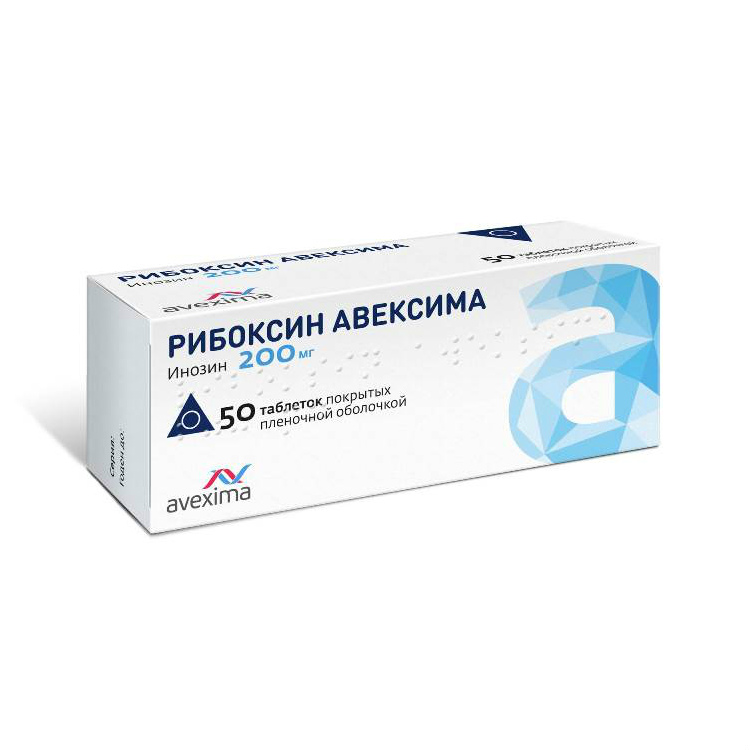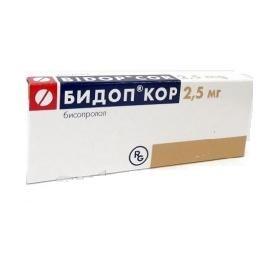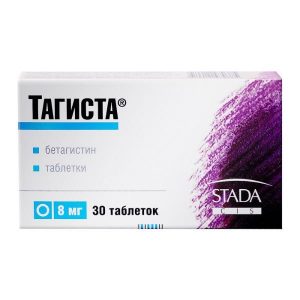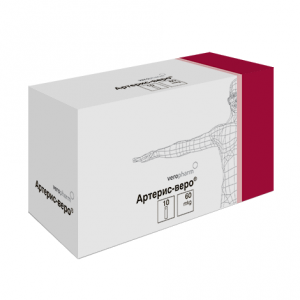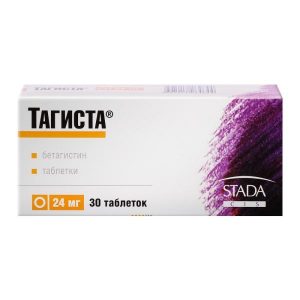Description
Release form
Tablets
Packing
50 pcs.
Pharmacological action
Riboxin – a derivative (nucleoside) of purine – a precursor of ATP adenosine phosphate. Refers to a group of drugs that stimulate metabolic processes. It has antihypoxic and antiarrhythmic effects. Increases the energy balance of the myocardium, improves coronary circulation, prevents the effects of intraoperative renal ischemia. It is directly involved in the metabolism of glucose and contributes to the activation of metabolism in conditions of hypoxia and in the absence of ATP.
Activates the metabolism of pyruvic acid to ensure the normal process of tissue respiration, and also promotes the activation of xanthine dehydrogenase. It stimulates the synthesis of nucleotides, enhances the activity of some enzymes of the Krebs cycle. Penetrating into the cells, it has a positive effect on metabolic processes in the myocardium – it increases the force of contractions of the heart and contributes to a more complete relaxation of the myocardium in the diastole, as a result of which the stroke volume increases. The mechanism of antiarrhythmic action is not completely clear.
Reduces platelet aggregation, activates tissue regeneration (especially the myocardium and gastrointestinal mucosa).
Pharmacokinetics
Metabolized in the liver with the formation of glucuronic acid and its subsequent oxidation. A small amount is excreted in the urine.
Indications
Comprehensive treatment of myocardial infarction, coronary heart disease, cardiac arrhythmias caused by the use of cardiac glycosides, against the background of myocardial dystrophy after infections. Liver diseases (hepatitis, cirrhosis, fatty degeneration). Surgery on an isolated kidney (as a means of pharmacological protection when turning off blood circulation).
Contraindications
Hypersensitivity to the drug, gout, hyperuricemia, pregnancy, lactation, age under 18 years (efficacy and safety have not been established). Use with caution in renal failure.
Special instructions
During treatment with Riboxin, the concentration of uric acid in the blood and urine should be monitored. Information for patients with diabetes: 1 tablet of the drug corresponds to 0.00641 bread units.
Composition srdlpin Active 200 mg
Dosage and Administration
Riboxin is administered orally before meals. The daily dose of the drug when taken orally is 0.6-2.4 g. In the first days of treatment, the daily dose is 0.6-0.8 g (200 mg 3-4 times a day). In case of good tolerance, the dose is increased by 2 3 days to 1.2 g (0.4 g 3 times a day), and if necessary, to 2.4 g per day. The duration of treatment is from 4 weeks to 1.5-3 months. With urocoproporphyria, the daily dose is 0.8 g (200 mg 4 times a day). The course of treatment is 1-3 months.
Side effects
Allergic reactions: pruritus, skin hyperemia (the drug should be discontinued). Rarely: increased concentration of uric acid in the blood, exacerbation of gout (with prolonged use).
Drug Interactions
Immunosuppressants (azathioprine, antilympholine, cyclosporine, thymodepressin, etc.), with the simultaneous use, reduce the effectiveness of Riboxin.
Storage Conditions
In a dry, dark place at a temperature not exceeding 25 ° C. Keep out of the reach and sight of children.
Term hodnosty
3 years
Active ingredient
Inosine
Terms leave through pharmacies
In retseptu
The dosage form of
tablet
Indications
Coronary heart disease, Angina pectoris, Prevention of acute myocardial infarction
Possible product names
Riboxin Avexima tablets coated. 200 mg 50 pcs.
